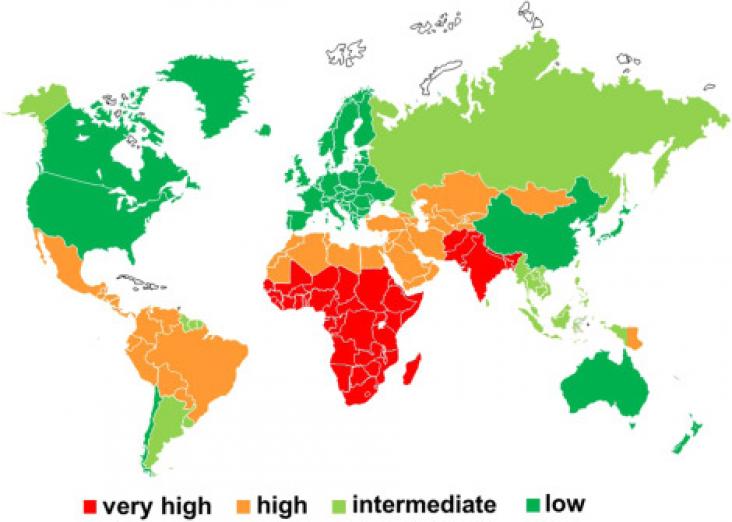Elsevier,
Understanding Female Offenders, Psychopathy, Criminal Behavior, Assessment, and Treatment, 2021, Pages 33-112
This chapter advances goals 3 and 5 by examining the range of common misconceptions and misinformation that permeates the female offender literature. Finally, we conclude with ten myths about female offenders and offer guidelines for identifying bias and how to avoid it.
Nutritional value is imperative for food security. Understanding how breeding can enhance this is an important tool toward eliminating hunger and food insecurity.
Elsevier,
The Neuroscience of Depression
Genetics, Cell Biology, Neurology, Behaviour, and Diet
2021, Pages 405-414
This chapters provides a thorough examination, including demographic characteristics, sleep history, medical and psychiatric conditions, lifestyles, past experiences of self-help, and pharmaceutical interventions should contribute to efforts to identify any underlying causes of either anxiety, depression, or sleep disorders.
Overviews the Ebola virus, endemic in Central Africa and cause of severe hemorrhagic fevers. Although no licensed treatment is available to treat disease, vaccines have recently been licensed in Europe, the USA and elsewhere. The goal of SDG 3.3 is 3.3 the end the epidemics of AIDS, tuberculosis, malaria and neglected tropical diseases and combat hepatitis, water-borne diseases and other communicable diseases.
This content aligns with Goal 3: Good Health as well as Goal 10: Reduced Inequalities by providing an overview of the viruses responsible for immunodeficiency syndromes like AIDS, highlighting their mechanism of action and targets for therapy.
This content supports the SDG Goal 3 by highlighting that management of chronic hepatitis B requires careful consideration of treatment indications given the requirement for long-term therapy in most patients. Options include nucleo(s)tide analogs (NA) and pegylated interferon alfa (PEG-IFN), both with their own advantages and limitations.

This content supports the SDG Goal 3 and 6 by describing hepatitis A virus and hepatitis E virus, which are enterically transmitted and the most common cause of viral hepatitis worldwide.
This chapter aligns with Goal 2: Zero Hunger, Goal 3: Good Health and Wellbeing, and Goal 13: Climate Action by exploring how extreme flooding has significant implications for local, regional, and national populations, particularly regarding agriculture and food supply.
Elsevier,
Sirtuin Biology in Medicine, Targeting New Avenues of Care in Development, Aging, and Disease, 2021, Pages 329-340
This chapter aligns with the SDG goal 3 of good health and wellbeing by showing the role of sirtuins in liver disease and inflammation.
This book chapter advances SDG 3 by explaining how cancer stem cells (CSCs) are important for understanding tumor biology and pathogenesis.
